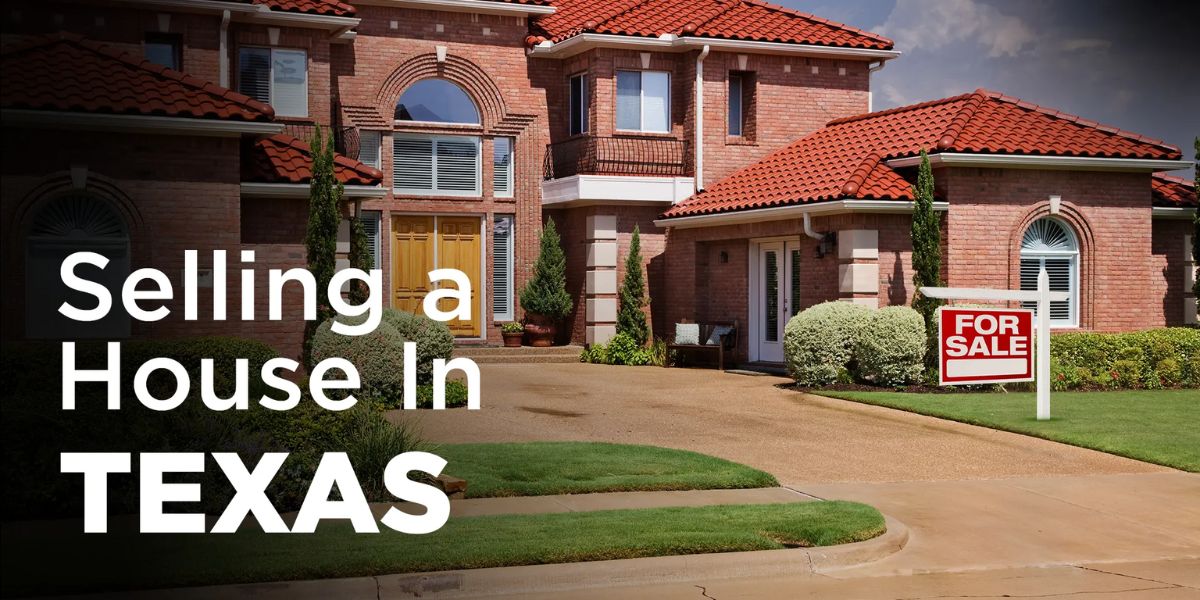Agrowing number of homeowners in Galveston, Texas, are listing their properties for sale, as the pandemic boom in vacation rentals on the coastal resort city has reached a point of oversaturation.
Those homes will struggle to find interested buyers until sellers cut down prices significantly, experts told Newsweek. A slowdown of the Galveston housing market, they say, seems inevitable.
Why It Matters
The Texas housing market boomed during the pandemic, when the rise of remote work allowed millions of out-of-state Americans to relocate to the state, chasing its promise of sunny and warm weather, affordable housing, and lower taxes.
In a vacation destination such as Galveston, an island with 35 miles of beaches on the Texas Gulf Coast about 45 miles southeast of Houston, the pandemic brought an influx of buyers interested in buying homes to be turned into short-term vacation rentals—often Airbnb or Vrbo.
Now the city is seeing an explosion of inventory for sale, with many of the properties being listed as active Airbnbs. But, as in much of Texas, sellers are facing tepid interest from cautious buyers still struggling with elevated mortgage rates, historically high home prices, and rising housing costs.
The End of the Short-Term Rental Craze
During the pandemic, many looked at Galveston as the perfect place to get into the short-term rental market, which, at the time, was being advertised on social media as a relatively easy way to make money. The island serves as a substantial secondary home market for Houston residents and vacationers coming from Texas’ biggest cities, including Austin and Dallas.
“People saw the opportunity to make money on vacation rental properties when mortgage rates were low and there was tons of stimulus money in the hands of would-be vacationers, who had pent up travel demand after the lockdowns,” Amy Nixon, a Dallas-based housing and macroeconomic analyst, told Newsweek.
“Becoming an Airbnb host was very trendy on TikTok and other social media in 2021, and many influencers were selling courses on how to break into the short-term rental business,” Nixon added.
“Many people wanted a vacation home they could stay in part of the year and rent out when not in use. Working from home with a beach view is a nice setup,” Troy Cothran, secretary and treasurer for the Houston Association of Realtors (HAR) and a realtor who specializes in the Bay Area, told Newsweek.
But the post-pandemic travel boom came and went, leaving many of these homeowners stuck with a property they have little use for.
“Today, occupancy levels have returned to their pre-pandemic norms, but now regions like Galveston are oversaturated with short-term rentals,” Nixon said.
The number of registered short-term rentals since 2021 has more than doubled, from 2,300 to 4,900 now, according to the Galveston County Daily News.
“There are simply too many properties and too few vacationers to fill them,” Nixon said. “On top of that, owners of properties in coastal regions like Galveston are getting slammed by huge homeowner insurance increases.”
Some people are not seeing the same profits off their vacation rentals like they did in 2020 and 2021, Cothran said.
“Rental properties require a great deal of maintenance and upkeep, so if you’re not generating the income you expected or the profits you saw in the past, then it’s usually a reason to sell the property,” he added.
“Another reason that some people are selling their vacation rentals is taxes: taxes have nearly doubled in the area,” Cothran said.
“Insurance rates are also rising. Home insurance costs make up a greater percentage of a monthly mortgage payment than ever before. We’ve heard from some homeowners who say their insurance has tripled,” he added.
Flood risk is high for homeowners living by the coast, so home insurance is critical. But, like in many other disaster-prone areas of the country, including California and Florida, insurance has become harder to get for homeowners in Galveston, and more expensive.
According to data from LendingTree, the highest insurance rate in Texas can be found in Galveston, where homeowners pay $11,975 a year.
Everybody Wants To Sell, Few Want To Buy
As of March 25, there were 1,000 active listings in the Galveston island market, up from 800 in 2024 and 594 in 2023, according to data shared with Newsweek by HAR.
“There are a number of reasons people are selling their vacation rentals in Galveston: timing, increasing taxes, skyrocketing insurance rates, oversaturation of Airbnb properties and inflation concerns,” Cothran said.
“Right now, we are seeing more homes being put on the market in the Houston area in general. After record low inventories during the pandemic, inventory is at its highest level in more than a decade in the Greater Houston area,” he said. “So, it’s no surprise that Galveston is seeing a similar trend.”
While the number of for-sale homes available on the market has increased consistently over the past three years, the average sale price of a home in Galveston dropped from $564,610 in 2024 to $526,506 this year. The number of sold homes plunged from 918 in 2023 to 723 in 2024 and 123 as of March 25.
For-sale homes in Galveston are also spending more time on the market. If, in 2021 and 2022—during the pandemic—a home in Galveston used to go under contract after 34 and 33 days respectively, it took an average 55 days for a property to sell in 2023, 71 in 2024 and 81 this year.
That is enough for a listing to go “stale.” Keeping up with a listed property can be expensive for sellers, who still have to cover utilities, taxes, maintenance and mortgage payments; the solution, very often, is to price down their properties to attract buyers.
This is exactly what is starting to happen in Galveston, Cothran said, pointing at rising insurance as one of the main reasons buyers are not taking advantage of a market that has turned in their favor.
“Higher home insurance premiums, taxes and interest rates are impacting the Galveston housing market, and I believe this combination is creating a slowdown in the area,” he said.
“Many sellers are dropping list prices on their properties to factor in the cost of insurance. We are seeing some list prices in coastal communities being reduced by as much as 15 percent.”
According to Nixon, it will be very challenging for sellers in Galveston to find buyers at current property valuations, “because the investment deals do not underwrite well at normal occupancy levels with higher cost of carry,” she said.
“Most lenders will not issue new mortgages without requiring additional flood insurance on top of already-oppressive homeowner insurance rates,” Nixon added.
A Slowdown Turning Into a Downturn
Both Cothran and Nixon agree that Galveston is experiencing a slowdown, which is likely to bring prices further down this year.
“The area is experiencing a slowdown, with many properties sitting on the market for over six months, continuing to price-cut. This, coupled with rapidly rising insurance costs and recent weak domestic travel forecasts from the airline industry could easily lead to more downward pressure on Galveston and other coastal markets,” Nixon said.
“There will always be demand for local vacationers in Galveston, but the price has to be right. The current property market slowdown is telling us it’s wrong.”
Hudson Holmes, an associate broker at Galveston-based Joe Tramonte Realty, told Newsweek he is optimistic about the island being able to survive the current troubles. Pandemic homebuyers did not factor in the long-term implication of buying short-term rentals in Galveston, and are now flooding the market with so many properties to cause “a decline in fair market values,” Holmes said.
“Sellers need to approach this current market with realistic expectations,” he added. However, “Galveston remains a prime investment opportunity, offering the potential for positive returns, and it will continue to do so,” he added.


 by
by 




